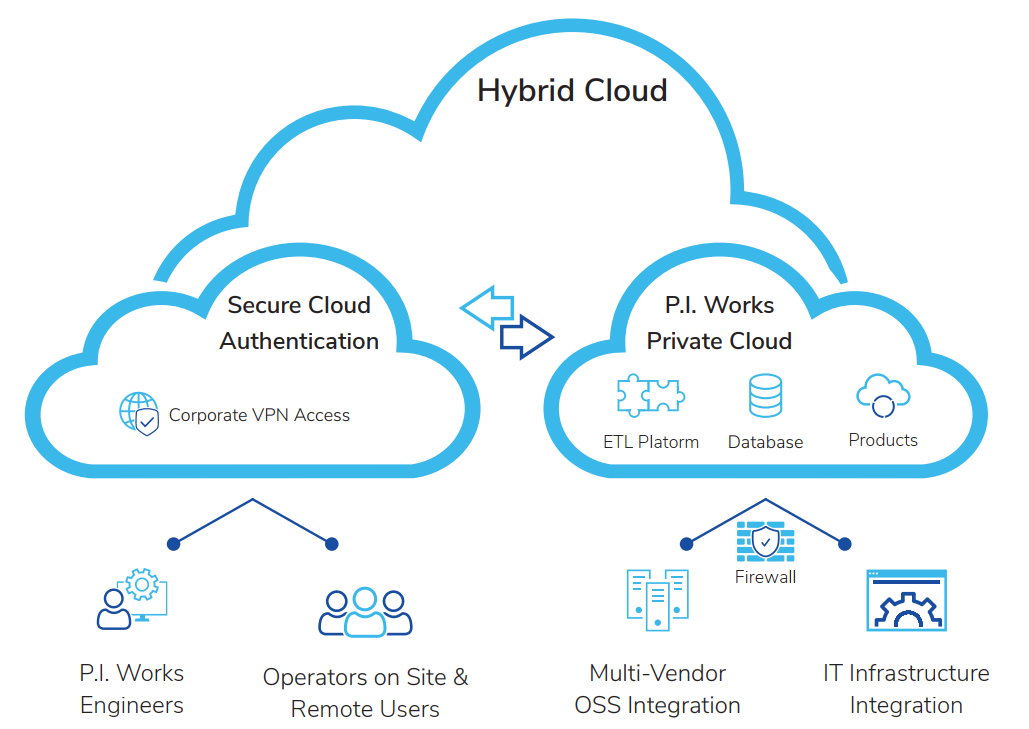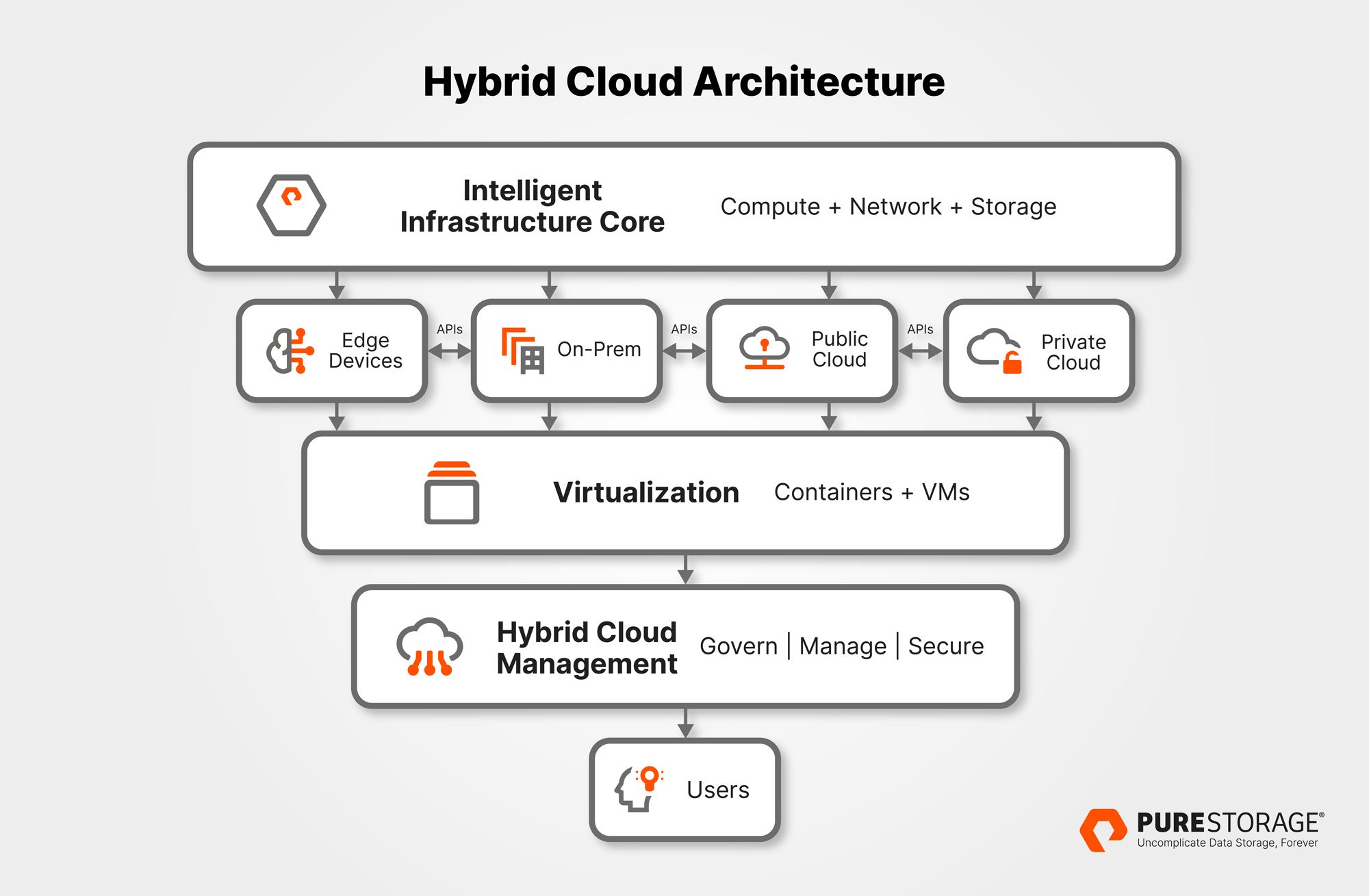
In today’s fast-paced digital landscape, businesses are increasingly turning to hybrid cloud solutions to stay competitive. These solutions offer a blend of public and private cloud environments, combining the scalability of public clouds with the security of private ones. This article explores key strategies for leveraging hybrid cloud solutions to enhance business flexibility and efficiency.
What is Hybrid Cloud?
A hybrid cloud integrates private cloud (on-premises or hosted) with public cloud services. This setup allows businesses to run critical applications on the private cloud while taking advantage of the scalability and cost-efficiency of the public cloud for less sensitive workloads. The hybrid model provides a unified infrastructure that can dynamically scale according to needs.
Benefits of Hybrid Cloud Solutions
- Flexibility and Scalability: Hybrid clouds offer unparalleled flexibility. Businesses can scale resources up or down based on demand. This elasticity ensures optimal resource utilization and cost management.
- Cost Efficiency: By utilizing public clouds for non-sensitive operations, businesses can reduce the costs associated with maintaining a large private cloud infrastructure. Pay-as-you-go models of public clouds help in managing costs effectively.
- Enhanced Security: Critical and sensitive data can be stored in a private cloud, which offers greater control and security. Public clouds, meanwhile, handle less critical workloads, balancing security needs with cost benefits.
- Disaster Recovery: Hybrid clouds improve disaster recovery strategies by providing multiple backup options. In case of a failure in the private cloud, public cloud resources can take over, ensuring business continuity.
Key Strategies for Implementing Hybrid Cloud Solutions
- Assess Your Needs
Before adopting a hybrid cloud solution, conduct a thorough assessment of your business needs. Identify which applications and data require the enhanced security of a private cloud and which can benefit from the scalability of a public cloud. This assessment helps in designing a hybrid cloud strategy that aligns with your business goals.
- Choose the Right Cloud Providers

Selecting the right cloud providers is crucial. Ensure that your chosen public and private cloud services are compatible and offer seamless integration. Look for providers that offer robust security features, reliable performance, and strong support.
- Implement Robust Integration
Integration between private and public clouds is key to a successful hybrid cloud strategy. Utilize cloud management platforms and integration tools to create a unified infrastructure. This will enable seamless data flow and application interoperability across clouds.
- Focus on Security and Compliance
Security should be a top priority when implementing a hybrid cloud solution. Ensure that both public and private clouds comply with industry regulations and standards. Employ encryption, access controls, and regular security audits to protect sensitive data.
- Optimize Resource Management
Effective resource management involves monitoring and optimizing the use of both private and public cloud resources. Use cloud management tools to track performance, manage costs, and ensure efficient utilization of resources.
- Plan for Data Migration
Data migration is a critical aspect of hybrid cloud implementation. Develop a comprehensive migration plan that includes data transfer methods, timing, and potential challenges. Ensure minimal disruption to business operations during the migration process.
- Monitor and Evaluate Performance
Regularly monitor the performance of your hybrid cloud infrastructure. Evaluate how well it meets your business needs and identify areas for improvement. Use performance metrics and analytics to make informed decisions and adjustments.
- Train Your Team
Ensure that your IT team is well-trained in managing and maintaining hybrid cloud environments. Provide training on cloud technologies, security practices, and resource management to maximize the benefits of your hybrid cloud solution.
Conclusion
Hybrid cloud solutions offer a powerful approach to enhancing business flexibility and efficiency. By combining the strengths of public and private clouds, businesses can achieve greater scalability, cost efficiency, and security. Implementing the right strategies—such as assessing needs, choosing appropriate providers, focusing on security, and optimizing resource management—will help in leveraging hybrid cloud solutions effectively.









